Projects
Adaptive Education
To the project browser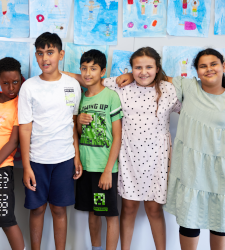
Young Children’s Worlds
This project will develop a questionnaire to quantitatively assess the well-being of children between the ages of 6 and 8. The study will be conducted in parallel in South Africa and Israel.

SEM
The SEM project, funded within the framework of the BMBF funding guideline ‘Language Education in the Immigration Society’, aims to develop, test and research a concept for language support in pre-primary classes. The project includes subject-integrated language support in the development of mathematical precursor skills in conjunction with the promotion of emotional understanding and emotion regulation, as well as a language support related professionalisation programme for teachers working in pre-school classes.
GUIDEPREP
The Europe-wide project ‘Growing Up in Digital Europe’ (GUIDE) analyses the success factors for the development of well-being in a digital world. Over a period of about 25 years, two birth cohorts (infants and school-age children) and their parents will be systematically surveyed. The upstream project GUIDEPREP (‘GUIDE Preparatory Phase’) will develop the necessary research infrastructure for the GUIDE panel between 2022 and 2026.
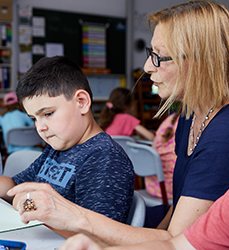
DiSeGel
The interdisciplinary network focuses on emotional violence by educational professionals towards children and young people. The network members examine how emotional violence as a phenomenon can be understood theoretically and dealt with empirically.
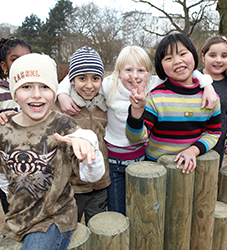
MORAL
The research project MORAL investigates the socio-moral development of children and adolescents with a strong focus on intergroup processes and social cognition. Another focus of the project is the training of educators and teachers regarding social exclusion among children and adolescents.
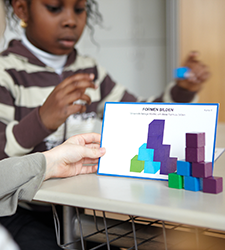
ViWa
Visual perception in children is known to serve as an early indicator of learning and achievement disorders. The project ViWa focuses on the development of visual perception and its relationship to math precursor skills and social-emotional competencies in children aged four to ten years.

NeuroBind
The project NeuroBind investigates the neural bases of the attachment system in children with different attachment styles using neuroimaging techniques (structural and functional magnetic resonance imaging). To activate their attachment system, children are shown different attachment relevant pictures and are asked to imagine themselves in secure and dangerous social situations. Correlations between brain activity and emotional reactions in response to those specific social situations are analyzed.
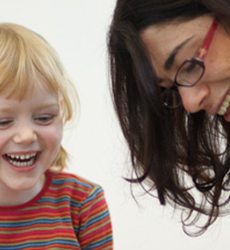
KiGru
The project KiGru offered children with complicated development conditions individual support and monitoring in the transition from kindergarten to primary school.
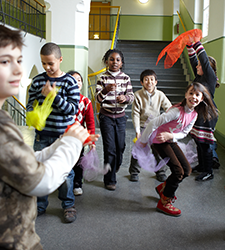
PaSS
The project PaSS evaluates the social validity of school-based prevention programmes that aim to foster social skills and reduce aggressive behaviour.
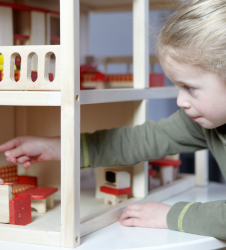
EVA
The project EVA compares the effects of two established prevention programs – FAUSTLOS (“FISTLESS”) and EARLY STEPS in a sample of high risk children in kindergarten.